Responsible Traveler Statement
My purpose is to move your consciousness and take this book as a way of life, as a statement of principles that should be taken into account before embarking on a new journey, during the stay and return home. Before, to know how to act, for, to put it into practice, then, to know what we can improve. We started:
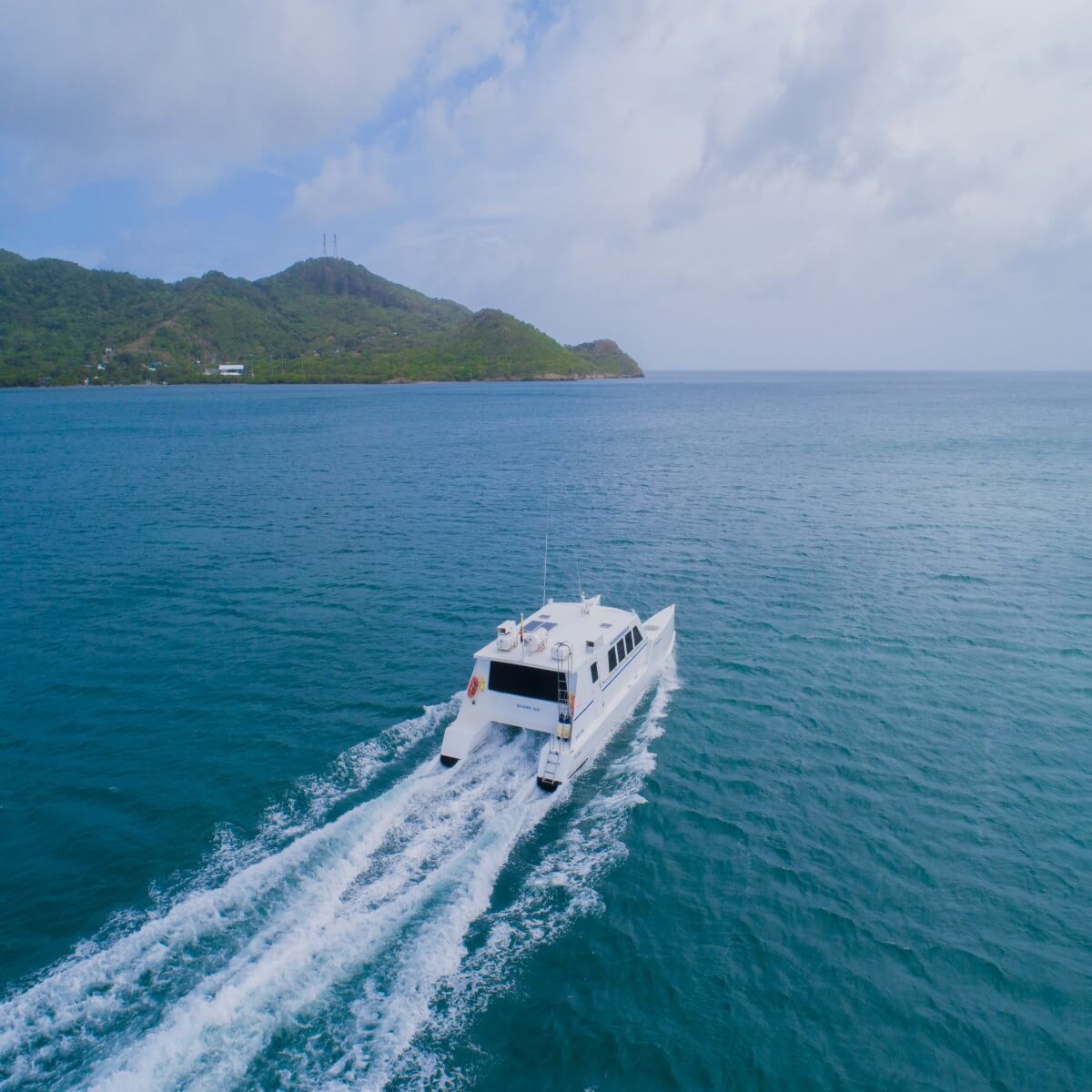
Responsible Traveler Statement: Ten guidelines to follow to protect the environment
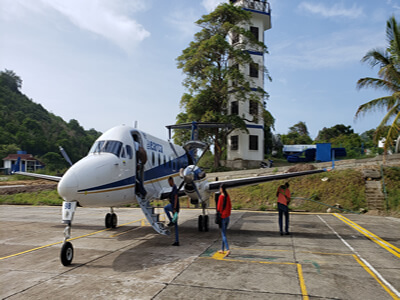
1. Be aware of the risks involved in travel and take the necessary precautions:
Look for information when you’re planning your trip, destination features you want to meet and take the necessary steps to keep up to date all documentation, travel insurance or medical controls you can ask for. In addition, at all times it follows the recommendations of local authorities, especially in case of emergencies. Check the origin of the products that consume to avoid any risk, especially infectious or derivatives allergic reactions or intolerances.

2. Encourage local development of fate, consuming local products:
Supports local entrepreneurship consuming products or services produced in fate and whose direct and indirect benefits are distributed transversely and favor the most vulnerable groups. Also, when you purchase any goods or services, buy only what you really need and do it at a fair price to not destabilize the local economy and living conditions of the owners or employees of local businesses

3. Share and learn about your host community, respecting their values and traditions:
Learn, whenever possible, on the cultural aspects of the destination visits (customs, cuisine, languages or dialects, traditions, heritage …). Also, be sure to meet their social norms to avoid behaviors that may be offensive or demeaning to your host community. Similarly, I am an example of tolerance, creating mutual learning opportunities with local and other travelers, and prevents unwanted or conflicting situations

4. Contributes to the conservation, protection and restoration of aquatic and terrestrial ecosystems of the land:
Enjoy only products, services and experiences that ensure sustainable exploitation of aquatic and terrestrial resources of destiny and to respect the natural habitat of wildlife and native or alien flora, preventing animal abuse or destruction of the environment. Similarly, adopt responsible behavior, avoiding waste generation, and collaborates with cleaning and sanitation programs conducted at the destination to avoid the deterioration of natural areas and maintaining biodiversity.
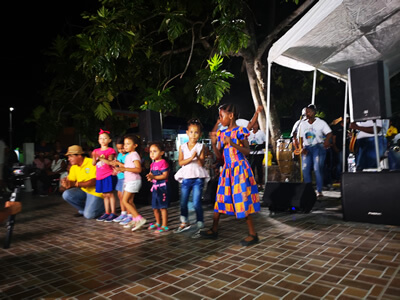
5. Respect diversity, or encourage or participate in discriminatory activities:
It helps eliminate barriers that limit the integration of people based on gender, origin, religion, sexual orientation, economic status or other status; avoiding sexist language, offensive or using labels to stereotype contribute negatively to these groups. It also facilitates access and equal opportunities to those who have different needs for mobility and communication issues, respecting the spaces or services intended for use.
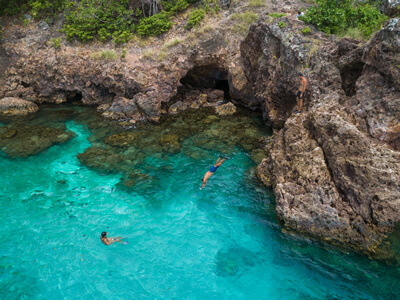
6. Consume responsibly and participate in the sustainable management of resources:
Choose products, services or experiences to ensure management and intelligent and efficient use of water and energy resources, consuming generating less impact on the environment and can be recycled or reused. Avoid excessive or wasteful consumption of water and choose, whenever possible, for transport with reduced or no emissions. Similarly, calculate your carbon footprint and compénsala as far as possible.
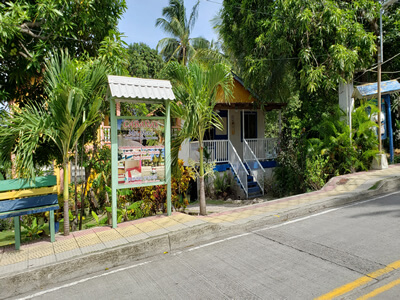
7. Promotes sustainability of the assets and infrastructure of fate:
Pay special attention to recognize how it is managed fate and infrastructure that comprise (buildings, transport, housing, public spaces …) to make your visit does not alter in local life. It also contributes to the conservation of tourist attractions, while respecting the rules and access designed for preservation and protection.
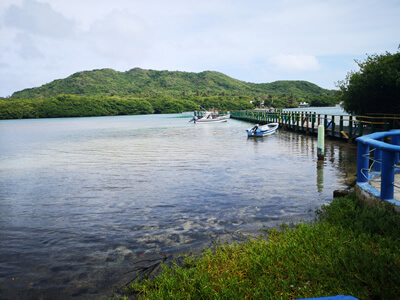
8. Choose products, services or experiences that enhance the sustainability of the destination through the R & D + i:
Prioritises those products, services or experiences that, whenever possible, incorporate new technologies and innovative approaches that contribute to the sustainability of the destination through savings or better use of resources, information or communication skills.
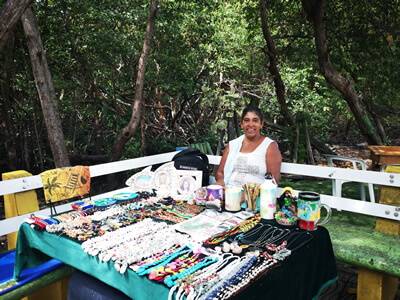
9. Fosters decent and fair working conditions which respect the rights of workers lelos:
Check the products or services they consume have been produced in decent and fair working conditions to integrate the local population or at risk of social exclusion and avoid sexual or child exploitation, animal abuse or poor health, among others. Similarly, respectfully about all workers, both companies the destination you are traveling as those in your own community.
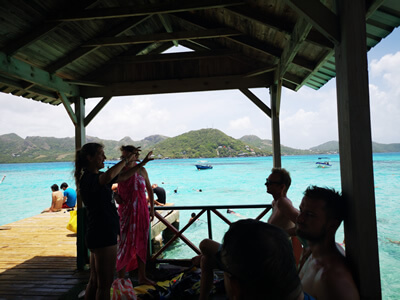
10. Join the manifesto of the responsible traveler and share it, because the responsibility is shared:
It supports initiatives and programs that promote the exchange of experiences and best practices that favor peace; actively participating in networks, associations, activities and partnerships that promote sustainable development. Beginsby stickingManifesto of the responsible traveler, making sustainable actions and involving your commitment to others.

